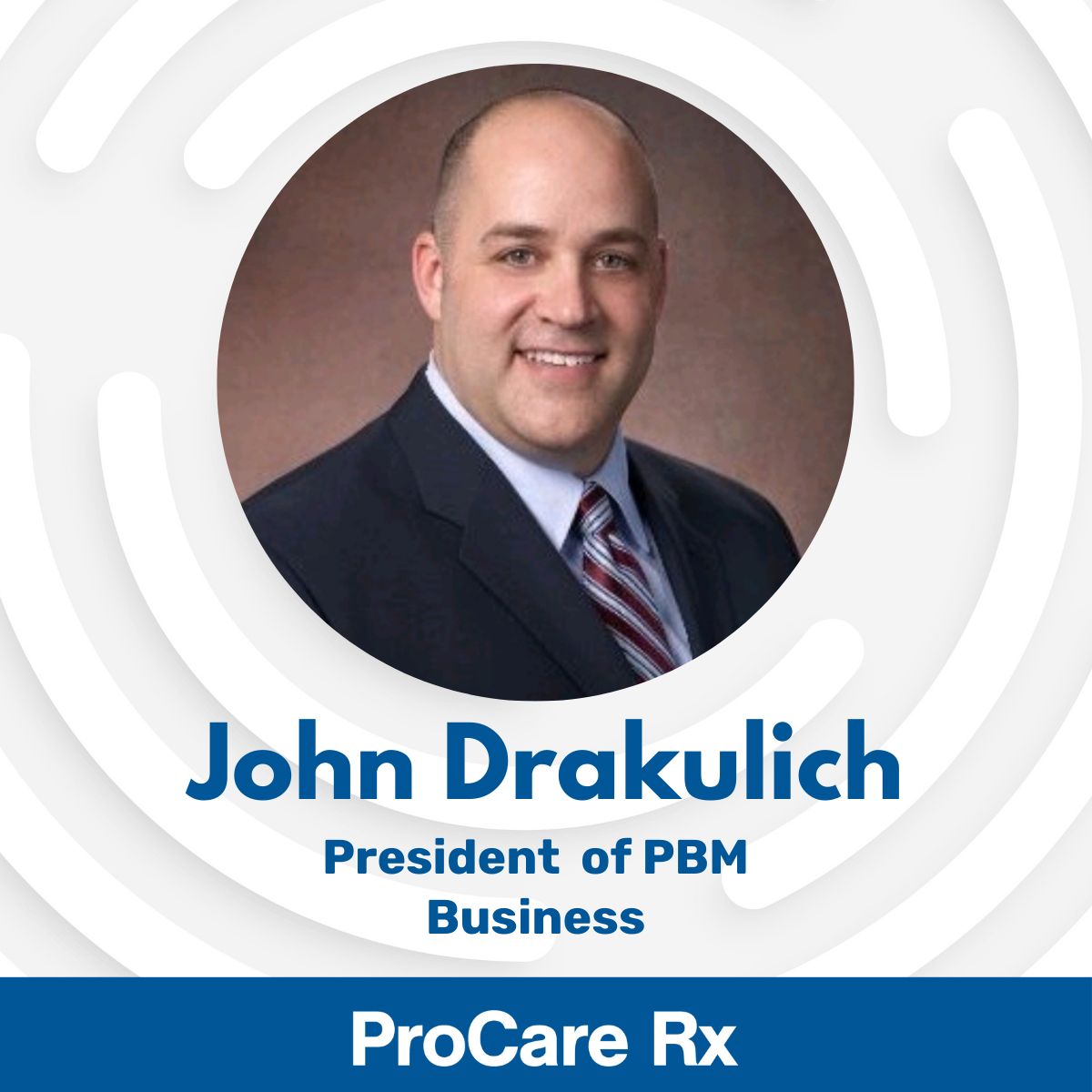Russ Cerny Joins ProCare Rx

Gainesville, GA – ProCare Rx is excited to announce that Mr. Russell Cerny has joined the company effective March 25, 2024. In his role as Senior Vice President, Mr. Cerny will be responsible for expanding our strategic partnerships with Health Plans, Health Systems, Benefit Consultants, and large Employer groups.
Doyle Jensen, Chief Growth Officer said, "Russ has great integrity and a deep understanding of the industry that will help us deliver our direct-source message of customized and cost effective pharmacy benefit solutions that address the needs of our future customers".
As a business development professional with over two decades in the industry, Russ understands problem solving from both an operational and account management perspective. This extensive and varied background in providing pharmacy related services enables Russ to focus on cost containment, membership satisfaction, and ultimately, patient well-being for his clients.
Mr. Cerny said, “I'm proud to have joined ProCare Rx, an organization committed to routine technological development and enhancement of their own proprietary claims processing system. Our team provides clients with as little or as much control as desired when it comes to administering pharmacy benefits. We'll support a model that meets our clients’ needs and every client is unique and needs a solution built specifically for them.”
About ProCare Rx
ProCare Rx is a privately held, direct-source pharmacy benefit administrator delivering industry leading cost savings and superior service to health plans, health systems, unions, and many other payer organizations nationwide. If you are interested in learning more about how ProCare Rx can reduce your pharmacy spend and improve your health outcomes, please contact: sales@procarerx.com.
About ProCare Rx
ProCare Rx is a privately held, independent pharmacy benefit manager (PBM) that has empowered healthcare and self-insured organizations since 1988. We provide fully integrated, in-house solutions—including claims adjudication, clinical program design, pharmacy network access, cost containment, and data analytics—all supported in the U.S. Our flexible, transparent model serves self-insured employers, third-party administrators (TPA), brokers, health plans, health systems, managed care organizations (MCO), unions, workers’ compensation programs, Medicare, Medicaid, hospices, and other PBMs. With a proprietary technology platform, commitment to ethical operations, and a focus on lowest net cost, ProCare Rx delivers long-term value, clinical performance, and trusted pharmacy benefit partnerships.
Media Contact:
Marc Cohen, VP, Marketing and Sales
marketing@ProCareRx.com










